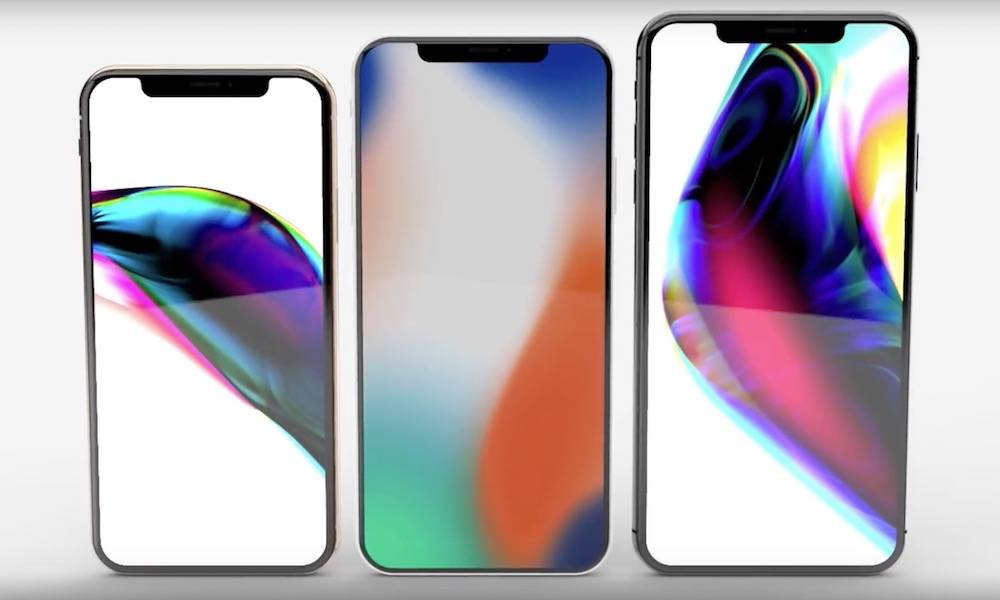Why New iPhones for 2018 Might Have Slower Download Speeds
 Credit: Apple iDesigner
Credit: Apple iDesignerToggle Dark Mode
Apple and Qualcomm’s tense and ongoing legal dispute reached new heights this week, when the San Diego, California-based chip-maker noted during its quarterly conference call with investors that it will not be supplying Apple with LTE modems for this year’s iPhone models, opening the door for Apple to source chips from at least one of Qualcomm’s main competitors.
“We believe Apple intends to solely use our competitor’s modems rather than our modems in its next iPhone release,” noted Qualcomm’s Chief Financial Officer, George Davis, during the call, according to a CNET report.
What’s the Big Deal?
A company with as much weight and buying power as Apple can easily secure itself the pick of the litter when choosing components for its devices.. Unfortunately, as noted by CNET and in multiple other reports, Qualcomm’s LTE modem chips are essentially second-to-none as far as performance, efficiency and overall quality is concerned..
And since Apple’s upcoming iPhone models will forego Qualcomm’s chips, they are likewise expected to forego all the advantages of what’s packed inside — meaning the company’s upcoming iPhones will likely be slower at accessing the internet, CultofMac notes.
What Will Apple Do?
As noted in previous reports, Apple is expected to tap Intel as its primary LTE modem supplier for this year’s iPhone models, which should include both 5.8- and 6.5-inch variants boasting OLED display panels, in addition to a 6.1-inch model boasting LCD — all of which will ship with TrueDepth cameras, Face ID, and iPhone X-inspired designs.
While Apple’s decision may not seem like such a bad deal on the surface — Intel being one of the world’s largest PC and mobile chip vendors by volume — the move unfortunately spells somber news for the otherwise powerful and good-looking iPhone models arriving this fall.
Last year, Apple infamously split its LTE modem chip orders for the iPhone 7 and 7 Plus evenly between Qualcomm and Intel. Tests conducted between models equipped with different modems, however, shockingly revealed that Intel’s LTE chips are slower than Qualcomm’s.
In fact, CultofMac notes, Qualcomm’s LTE modems for the iPhone 7 and 7 Plus have to be down-clocked prior to shipment just to ensure they don’t exude noticeably faster Internet speeds.
According to other reports, Apple might also tap MediaTek, a mainland Chinese chip foundry who produces CPUs and modems for select Android OEMs, as a supplier of advanced 5G modems for future iOS devices.
Apple vs. Qualcomm Rages on
While Apple’s iPhone X, iPhone 8, and other recent iOS devices may be among the last of to contain Qualcomm-built LTE chips, the companies are expected only to carry-on with their multi-billion dollar, back-and forth legal and patent disputes.
In one of its latest claims, Qualcomm asserted that Apple’s mobile devices infringe on several of its “very elementary patents” — those covering touchscreen display technologies and “PDAs that also function as phones.”
In essence, Qualcomm is insisting it owns patents covering smartphones — as a concept — in their entirety, and is reportedly seeking billions of dollars from Apple in licensing fees for its use of those patents.






